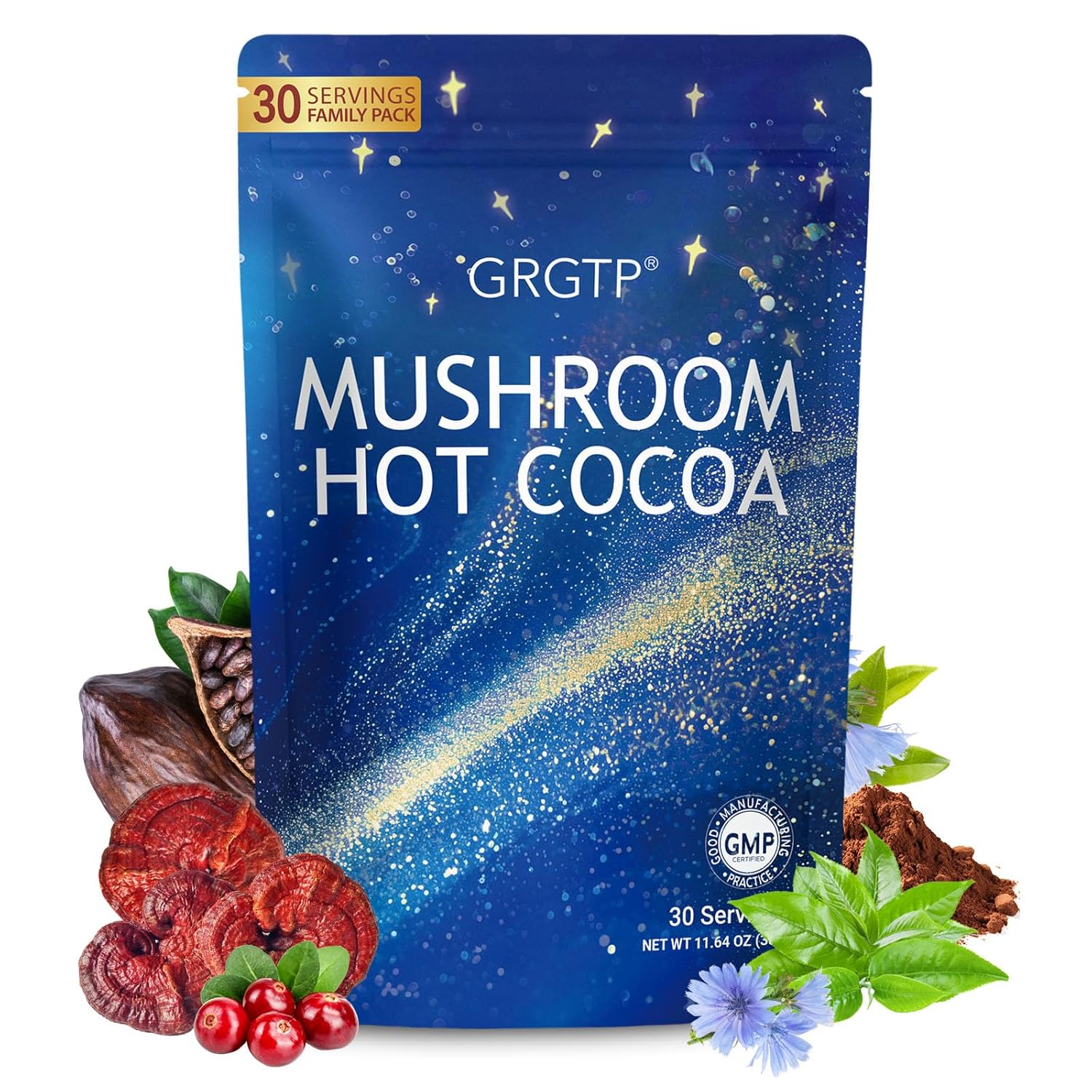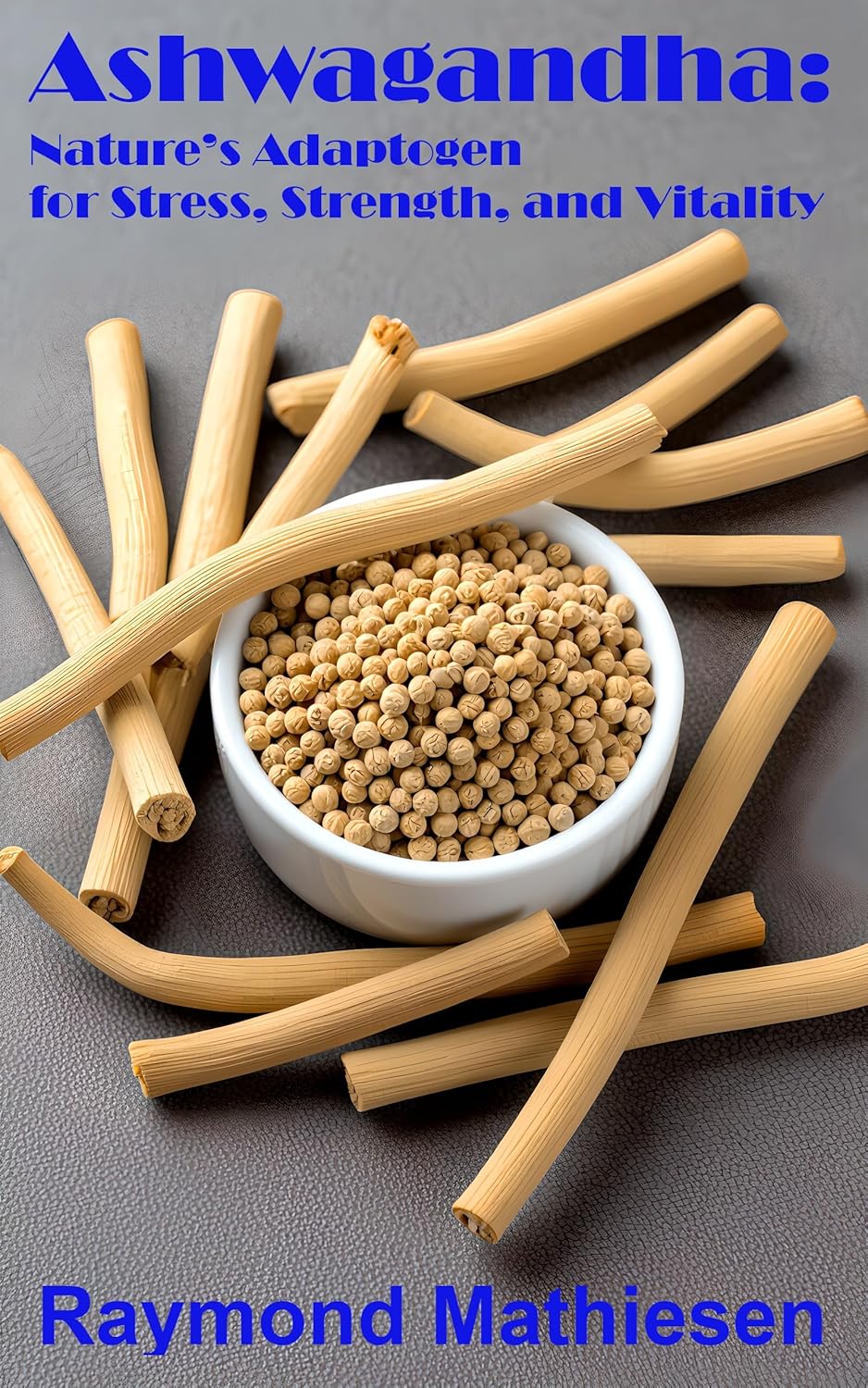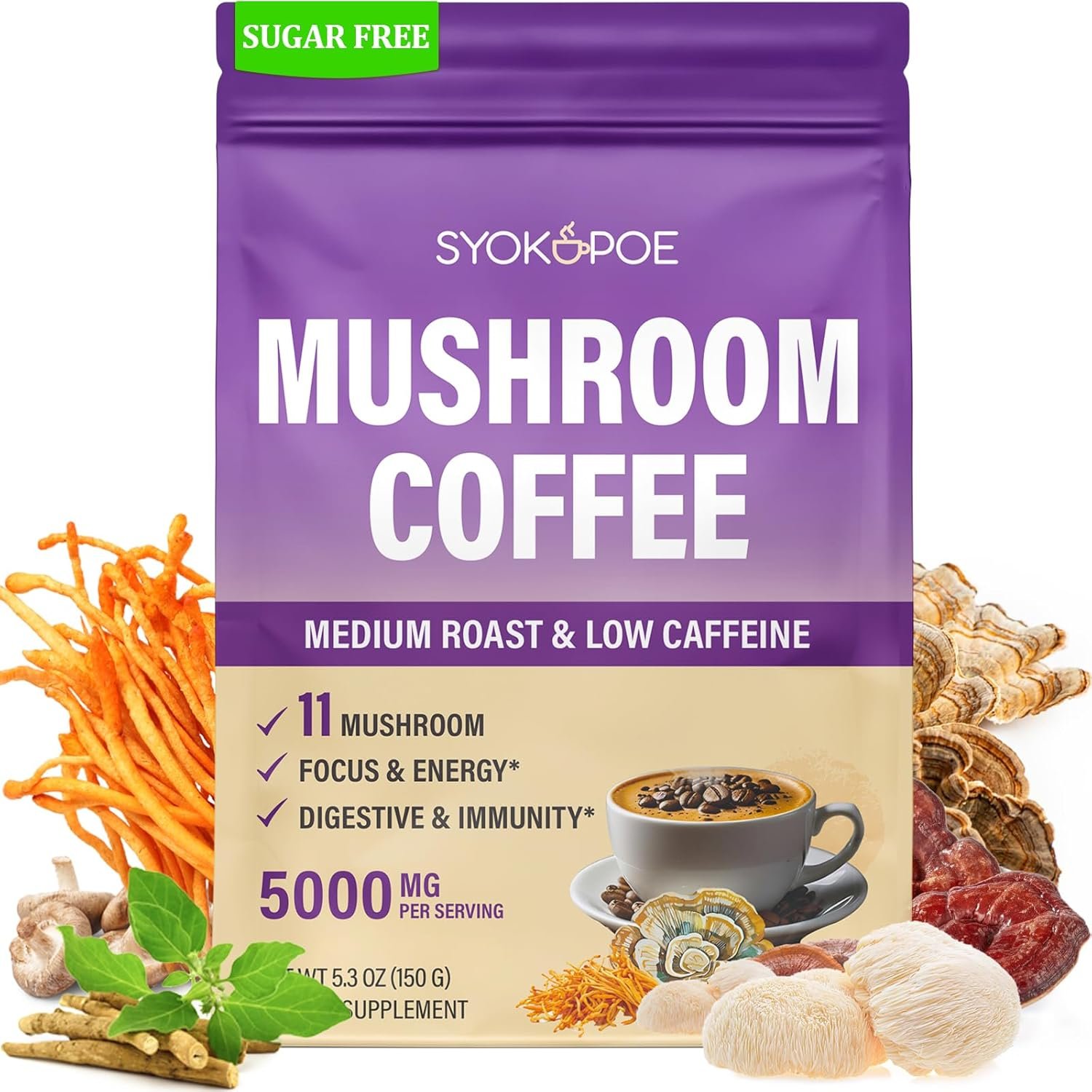The Power of Nature
In our fast-paced world, stress can often feel like an unavoidable part of life. Yet, nature offers powerful solutions to help us manage this overwhelming emotion. Among these solutions, essential oils stand out. Extracted from various plants, flowers, and herbs, these oils carry therapeutic properties that can aid in relaxation, improve mood, and foster mental clarity.
Understanding Essential Oils
Essential oils are concentrated liquids that encapsulate the aromatic compounds from the plants they are derived from. They are typically extracted through methods such as steam distillation or cold pressing. Each essential oil has its unique profile of benefits, making them versatile tools for stress relief and beyond.
How Do They Work?
Essential oils affect the brain’s limbic system, which controls our emotions. When inhaled or absorbed through the skin, these oils can stimulate the release of neurotransmitters that promote feelings of happiness, calmness, and overall well-being.
Top Essential Oils for Stress Management
1. Lavender Oil
Known for its calming properties, lavender oil is one of the most popular choices for stress relief. Studies have shown it’s effective in reducing anxiety and improving sleep quality. A few drops in a diffuser can create a serene environment in your home.
2. Chamomile Oil
Chamomile oil is another excellent option for stress management. Its soothing scent can help calm the mind and body. Consider adding chamomile oil to your nightly routine to enhance relaxation before bed.
3. Bergamot Oil
Bergamot oil has a citrusy aroma that can elevate mood and reduce feelings of stress and anxiety. It is especially effective when used in diffusers or as part of a massage blend.
4. Frankincense Oil
This ancient oil has been used for centuries for its healing properties. Frankincense is known to aid in deep relaxation and spiritual grounding. Diffusing it during meditation can enhance your experience significantly.
5. Ylang Ylang Oil
With its sweet, floral fragrance, ylang ylang oil is known for its ability to reduce stress and anxiety levels. This oil also has properties that can improve feelings of intimacy and emotional balance.
How to Use Essential Oils for Stress Relief
1. Aromatherapy Diffusers
Using a diffuser is one of the easiest ways to incorporate essential oils into your life. Fill your diffuser with water and add a few drops of your chosen essential oil. The mist that is emitted helps to purify the air and promote relaxation.
2. Topical Application
Essential oils can also be applied to the skin. However, it’s essential to dilute the oils with a carrier oil, such as coconut or almond oil, to avoid irritation. You can create a soothing massage oil for tense muscles or a calming oil to apply to your wrists and temples.
3. Bath Soaks
Transform your bath into a sanctuary by adding essential oils. Combine a few drops of your favorite oil with Epsom salts for a luxurious soak that will help alleviate stress and tension.
4. Inhalation Techniques
Simpler than you might think, inhaling essential oils directly from the bottle or by placing a few drops on a tissue can provide immediate relief. Just breathe deeply to feel the calming effects.
Creating Your Stress-Relief Routine
To maximize the benefits of essential oils for stress management, consider forming a daily routine. Start each day with a few moments of mindfulness while enjoying the scent of uplifting oils like bergamot. In the evening, integrate calming oils like lavender into your relaxation rituals. Consistency will deepen the benefits.
Precautions and Considerations
While essential oils can be immensely beneficial, it’s important to exercise caution. Always perform a patch test on your skin when trying a new oil, and consult with a healthcare professional if you are pregnant, nursing, or have existing medical conditions. Essential oils can also interact with medications, so it’s wise to conduct thorough research.
Conclusion
Integrating essential oils into your life offers a natural, holistic approach to managing stress. From enhancing your mental health to providing physical comfort, these precious oils can be a vital part of your wellness toolkit. Embrace the power of nature, and nurture your mind and body with these fragrant solutions.
Frequently Asked Questions (FAQs)
1. Are essential oils safe for everyone?
While most essential oils are safe for general use, it’s critical for specific individuals, such as pregnant women or those with certain health conditions, to consult health professionals before use.
2. How do I choose the right essential oil for my needs?
Consider what you want to achieve—calming, energizing, or perhaps mood-lifting. Research the properties of various essential oils, and don’t hesitate to experiment to find your perfect fit.
3. Can I mix different essential oils?
Yes! Many essential oils blend well together. To create a custom oil blend, consider the aromatic profiles and therapeutic properties of the oils you want to combine.
4. How often should I use essential oils for stress relief?
You can use essential oils as often as needed. Incorporate them into your daily routine or use them on particularly stressful days to help you cope.





